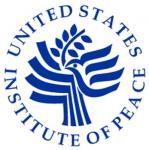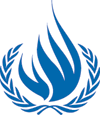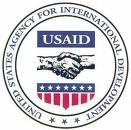USIP Report: The Rule of Law After the Earthquake
 Below is a recent report by the United States Institute of Peace (USIP) on the state of the Haitian justice system. Prior to the earthquake, Haiti was making slow but much needed progress on improving access to justice. The Haitian government is not starting from scratch but now has the added challenge of rebuilding courts, prisons, and police stations while continuing reform efforts. Promoting a society that understands and values human rights and government that can monitor and enforce them is essential for Haiti's long term development.
Below is a recent report by the United States Institute of Peace (USIP) on the state of the Haitian justice system. Prior to the earthquake, Haiti was making slow but much needed progress on improving access to justice. The Haitian government is not starting from scratch but now has the added challenge of rebuilding courts, prisons, and police stations while continuing reform efforts. Promoting a society that understands and values human rights and government that can monitor and enforce them is essential for Haiti's long term development.



